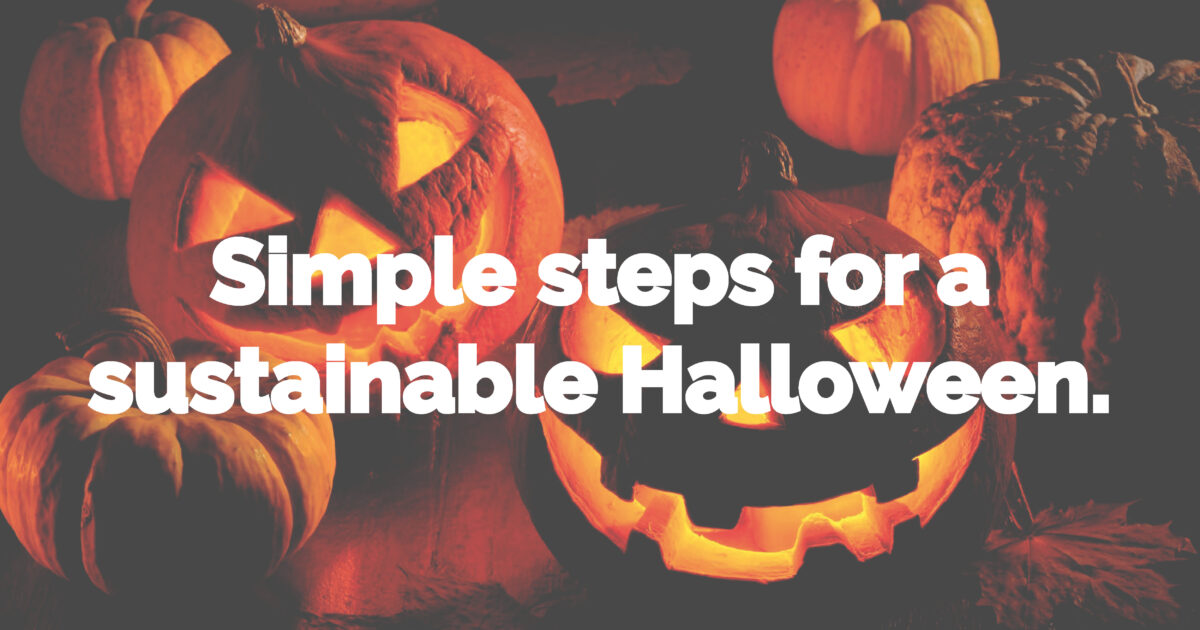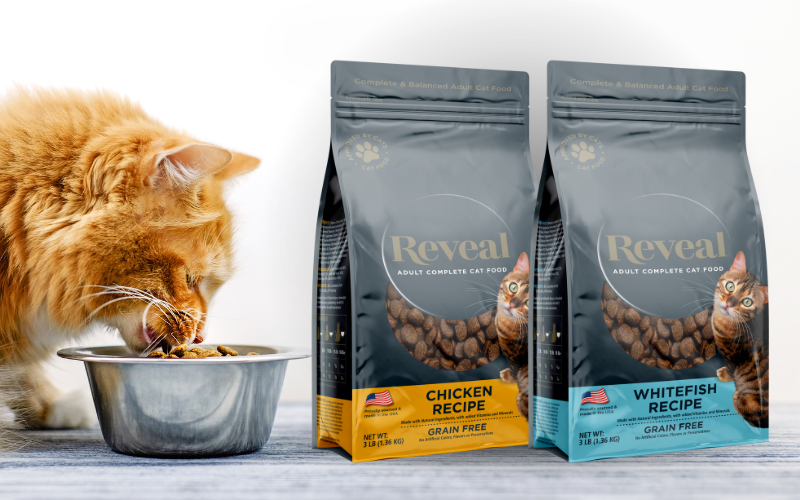Halloween is getting more popular in the UK, but with it comes some very scary sustainability issues.
Halloween has successfully made its way across the Atlantic. Each year we spend more money on it, but we are also wasting more recyclable food and products. Plastic and packaging is not the only thing to consider during one of the most wasteful times of the year.
At Law Print Pack, we are committed to doing our part to make the world a more sustainable place, incorporating innovative materials into our packaging. As well as selecting materials for their recyclable properties, we consider the length of shelf-life they give to perishable items, with the ultimate goal to reduce as much food and material waste as possible. Working to optimise all our packaging, we use lightweight materials to reduce environmental impact. We try to consider the potential for recycling at end of life.
But sustainability is not just a supply chain issue; it’s a global one. We can all play our part. Consumers need to work together with the waste management industry if we are to make Halloween a more sustainability-friendly occasion. That’s why Law Print Pack wanted to explore some of the ways we can all have a sustainable Halloween.
Halloween is an opportunity to change our overall attitude to waste in a number of different areas. So, what are we doing wrong?
We waste pumpkins

Did you know that 18,000 tonnes of pumpkins are sent to landfills every year in the UK? That’s enough to provide everyone in the country with a bowl of pumpkin soup. It would be easy to dismiss this as a seasonal one-off, but it’s indicative of a wider waste problem. For example, an estimated 30-50% of food produced around the world never reaches the human stomach. Consequently, our attitude towards food waste needs to change if we are to work towards full sustainability – especially since an estimated 560,000 people used food banks in the UK last year.
What can we do to address this problem?
Cooking: You can start by actually eating your pumpkins! There aren’t many more versatile foods out there, so here are just a few simple recipe suggestions:
Composting: If you don’t want to eat your pumpkins, you could compost them at home. Home composting is the most environmentally-friendly way of dealing with kitchen and garden waste. Did you know, composting at home for just one year can save global warming gases equivalent to all the CO2 your kettle produces annually, or your washing machine produces in three months? For more information about composting at home, click here.
We send recyclable plastic to landfill

Plastic broomsticks, devil horns, skeleton masks. They’re all part of what makes Halloween fun. But people are not really sure if they’re recyclable, and send them to landfill.
Our advice is to check the packaging for an indication of what’s recyclable.
And of course, a lot of confectionery is consumed following a solid session of Trick or Treating. Are you disposing of the wrappers and packaging properly? Check your local recycling guidelines here.
For more information about recyclable packaging, click here.
We don’t recycle the vast majority of batteries

Halloween comes with an abundance of light-up toys and decorations. But on 1st November, they’re often discarded with other
household waste, without separating the batteries. Around 99% of batteries are not recycled properly, and they end up leaking chemicals into our environment.
Be sure to responsibly dispose of all batteries, finding your nearest battery disposal location here.
We send 12,500 tons of Halloween costumes to landfills each year

Cheap costumes are everywhere in the weeks leading up to Halloween. But parents don’t often want to keep them after the event. This is another seasonal statistic that is indicative of a wider problem: the fashion industry as a whole is responsible for 10% of the planet’s carbon footprint.
Consider donating them to your local charity shop so someone else can use them next year. Or if you’re really serious about sustainability, you could make your own costume out of otherwise non-recyclable plastics!
For more information on sustainability and Halloween, please get in touch.


